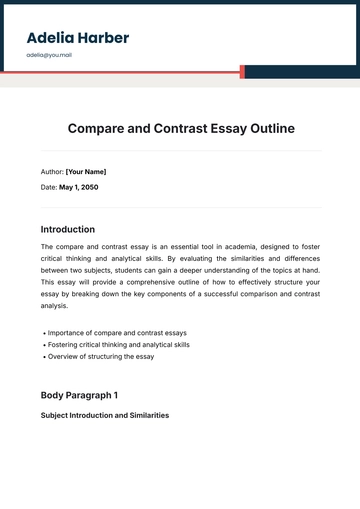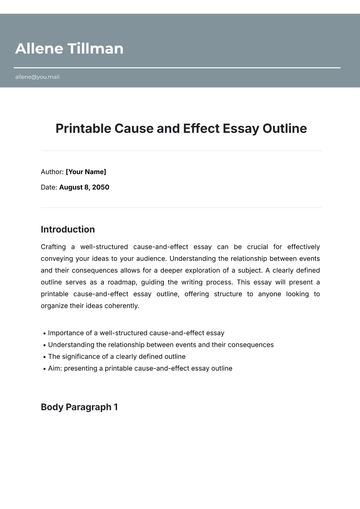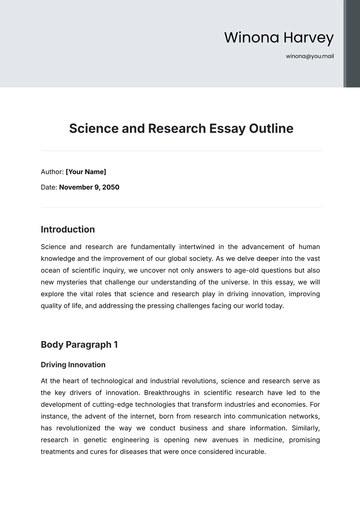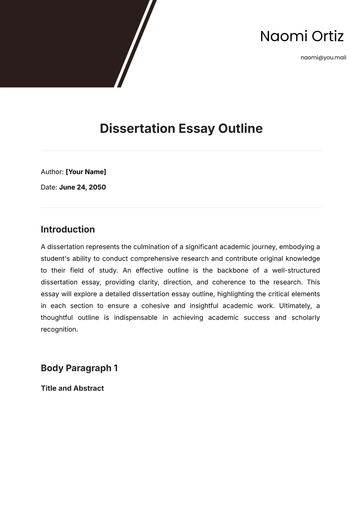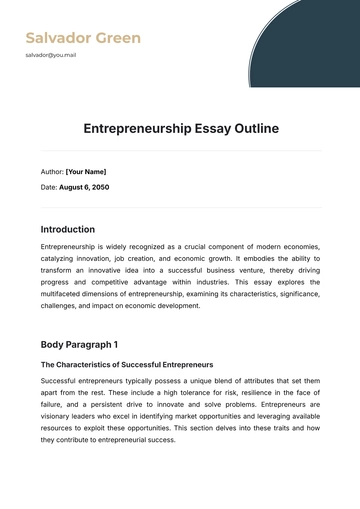Free Cyberbullying Expository Essay
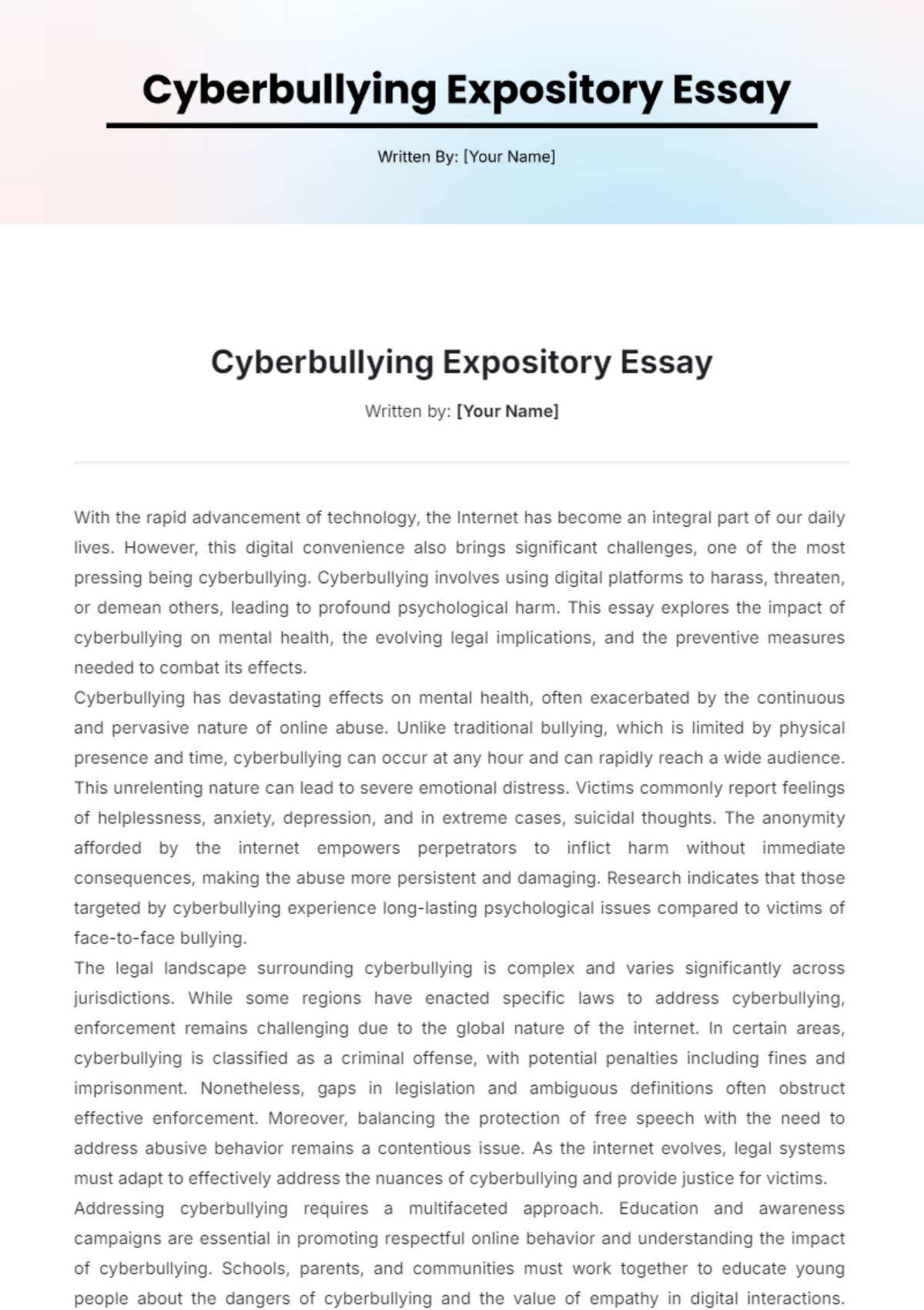
Written by: [Your Name]
With the rapid advancement of technology, the Internet has become an integral part of our daily lives. However, this digital convenience also brings significant challenges, one of the most pressing being cyberbullying. Cyberbullying involves using digital platforms to harass, threaten, or demean others, leading to profound psychological harm. This essay explores the impact of cyberbullying on mental health, the evolving legal implications, and the preventive measures needed to combat its effects.
Cyberbullying has devastating effects on mental health, often exacerbated by the continuous and pervasive nature of online abuse. Unlike traditional bullying, which is limited by physical presence and time, cyberbullying can occur at any hour and can rapidly reach a wide audience. This unrelenting nature can lead to severe emotional distress. Victims commonly report feelings of helplessness, anxiety, depression, and in extreme cases, suicidal thoughts. The anonymity afforded by the internet empowers perpetrators to inflict harm without immediate consequences, making the abuse more persistent and damaging. Research indicates that those targeted by cyberbullying experience long-lasting psychological issues compared to victims of face-to-face bullying.
The legal landscape surrounding cyberbullying is complex and varies significantly across jurisdictions. While some regions have enacted specific laws to address cyberbullying, enforcement remains challenging due to the global nature of the internet. In certain areas, cyberbullying is classified as a criminal offense, with potential penalties including fines and imprisonment. Nonetheless, gaps in legislation and ambiguous definitions often obstruct effective enforcement. Moreover, balancing the protection of free speech with the need to address abusive behavior remains a contentious issue. As the internet evolves, legal systems must adapt to effectively address the nuances of cyberbullying and provide justice for victims.
Addressing cyberbullying requires a multifaceted approach. Education and awareness campaigns are essential in promoting respectful online behavior and understanding the impact of cyberbullying. Schools, parents, and communities must work together to educate young people about the dangers of cyberbullying and the value of empathy in digital interactions. Technological solutions, such as content filters and reporting mechanisms on social media platforms, are also vital in identifying and addressing instances of cyberbullying. Additionally, fostering open dialogue about the effects of cyberbullying can encourage victims to seek support and intervention.
Cyberbullying is a pervasive issue that adversely affects mental health, presents legal challenges, and requires comprehensive preventive measures. As our dependence on digital communication continues to grow, it is crucial for all sectors of society—including legislators, educators, parents, and technology companies—to collaborate in creating a safer online environment. By promoting empathy and vigilance, we can work towards mitigating the impact of cyberbullying and fostering a more respectful digital world for everyone.
- 100% Customizable, free editor
- Access 1 Million+ Templates, photo’s & graphics
- Download or share as a template
- Click and replace photos, graphics, text, backgrounds
- Resize, crop, AI write & more
- Access advanced editor
Unlock the power of effective writing with Template.net’s Cyberbullying Expository Essay Template. This fully editable and customizable template, available in our AI Editor Tool, streamlines your writing process. Tailor it to fit your unique needs, ensuring a polished and professional essay on a crucial topic. Perfect for impactful, well-organized content.







